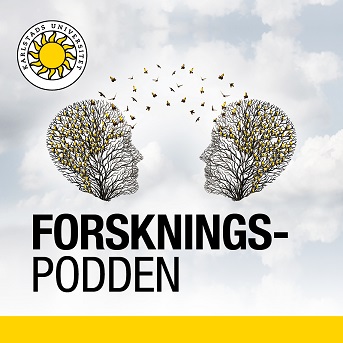Programming has been presented as a way for students to learn mathematics. In his licentiate thesis, David Taub challenges this idea by investigating if and how it works. In his study, groups of Swedish secondary school students, most of them novice programmers, were observed and interviewed as they conducted programming tasks in the classroom.
The findings indicate that although it seems possible for the act of programming itself to help students construct new mathematical concepts, it is unlikely to be an effective classroom strategy. In our conversation, David explains that the cognitive difficulties novice programmers encountered when writing programs became an obstacle to learning new mathematics as well as dramatically increasing the time needed to complete apparently simple tasks.
You can read the whole licentitate thesis here Programming as a Tool for
Helping Students Understand and Solve Quadratic Equations
Podcast: Play in new window | Download
Subscribe: RSS

